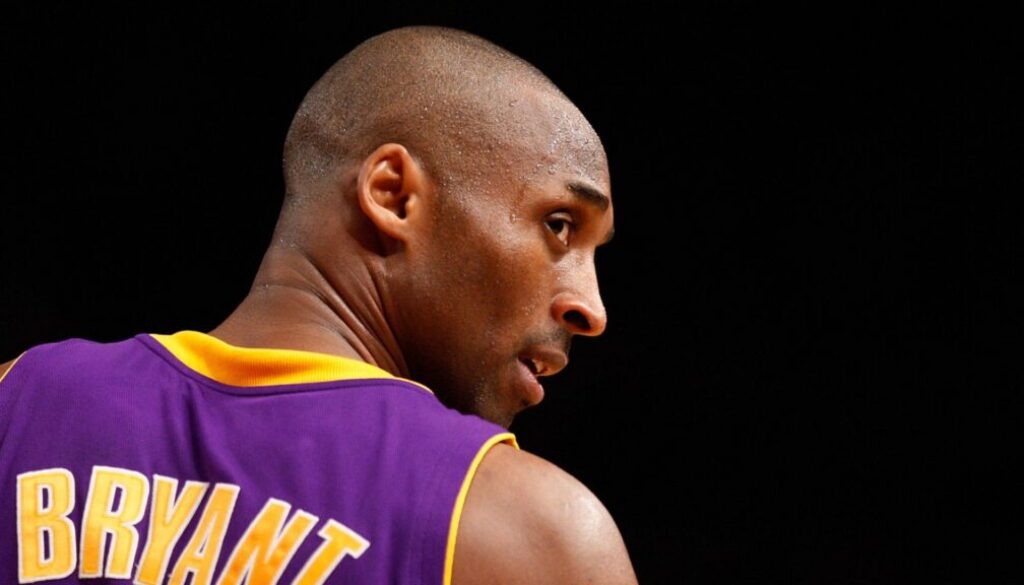
PHILADELPHIA — For Robby Schwartz, the story started on the bench of Lower Merion High School’s 1996 state championship basketball team—where a teenage Kobe Bryant was already crafting his legend and Schwartz, by his own account, was “the last guy on the bench.”
Nearly three decades later, that formative experience led Schwartz to pen The Association, a heartfelt screenplay inspired by his real-life relationship with Bryant and the strange ways people build their identities—sometimes around illusions.
“In 2018, I wrote a screenplay with my writing partner at the time that was based on my relationship with Kobe,” Schwartz told me. “I always had this idea for a story about a benchwarmer who played with a guy who became the greatest player in the world. And one night, he tells a little white lie to impress a girl — says he’s best friends with the now-famous player. That lie snowballs until it becomes his whole life.”
The story, fictional but rooted in emotional truth, took on new significance when Schwartz finally got Bryant to read the script in 2019. Bryant had just won an Academy Award for Dear Basketball and was promoting The Wizenard Series, his children’s book series.
“He read it and was kind of blown away,” Schwartz said. “He told me, ‘When I’m done with this book tour, we’ll talk about it…’ In my mind I’m like, I’m gonna get him to be in it, and then BOOM! Off we go!”
But that momentum came to a halt in January 2020, when Bryant, his daughter Gianna and seven others tragically died in a helicopter crash. Schwartz vividly remembers getting the news while driving home from his parents’ house.
“It was shocking and horrifying,” he recalled. “And at times, I felt guilty because not only did I lose a friend, but I also had this project tied to him — and now, what does this mean for the script? It was never about exploiting him… it was a love letter.”
The Association, named in part as a play on the NBA’s full title and partly for the vague intimacy of calling someone an “associate,” is a meditation on personal mythmaking and the masks people wear online and off.
“It’s like social media today,” Schwartz said. “People take a picture with someone and post it like they’re best friends. They met the guy five minutes ago.”
While the screenplay doesn’t name Bryant, its emotional and narrative DNA is rooted in Schwartz’s unique view of the future Hall of Famer—not as a global icon, but as a fiercely focused teenager with headphones on, bumping The Fugees on bus rides to games.
“He was misunderstood,” Schwartz said of Bryant in high school. “People thought he was arrogant or cocky. That couldn’t be further from the truth. He was just laser-focused on basketball. The nicest guy in the world — but unless you were on the team, you didn’t see that side.”
Schwartz, who scored a total of four points that championship season, reflected on his time as a role player on a legendary team. “My friends used to chant ‘Robby’ like ‘Rudy’ in the stands to try to get me into the game when we were up big,” he laughed. “I might’ve played four minutes that whole season.”
Yet Schwartz always knew Bryant was bound for something greater — even before the press conference where he announced he was going straight to the NBA.
“We all knew,” he said. “The way he moved, the way he dressed, his swagger… everything was MJ. He was the next Michael Jordan.”
Since Bryant’s death, Schwartz has faced numerous roadblocks in bringing the project to life — from COVID-19, to the writers’ strike, to family obligations — but The Association remains close to his heart.
“It’s still the first one. It’s the baby,” Schwartz said. “I want to make sure it’s done right, with respect. Because this is more than a story. It’s a remembrance.”
Though production on The Association hasn’t begun, Schwartz says he’s open to connecting with collaborators. “People can hit me up on Instagram @seinrobbyschwartz, email, or even call me,” he said. “I’m up writing from midnight to 7 a.m. I’m open.”
As for the legacy of his friend?
“I hope it never fades,” Schwartz said. “I would’ve loved to see what Kobe would’ve accomplished in the second and third act of his life. What we lost wasn’t just a basketball player — it was everything he was becoming after the game.”

